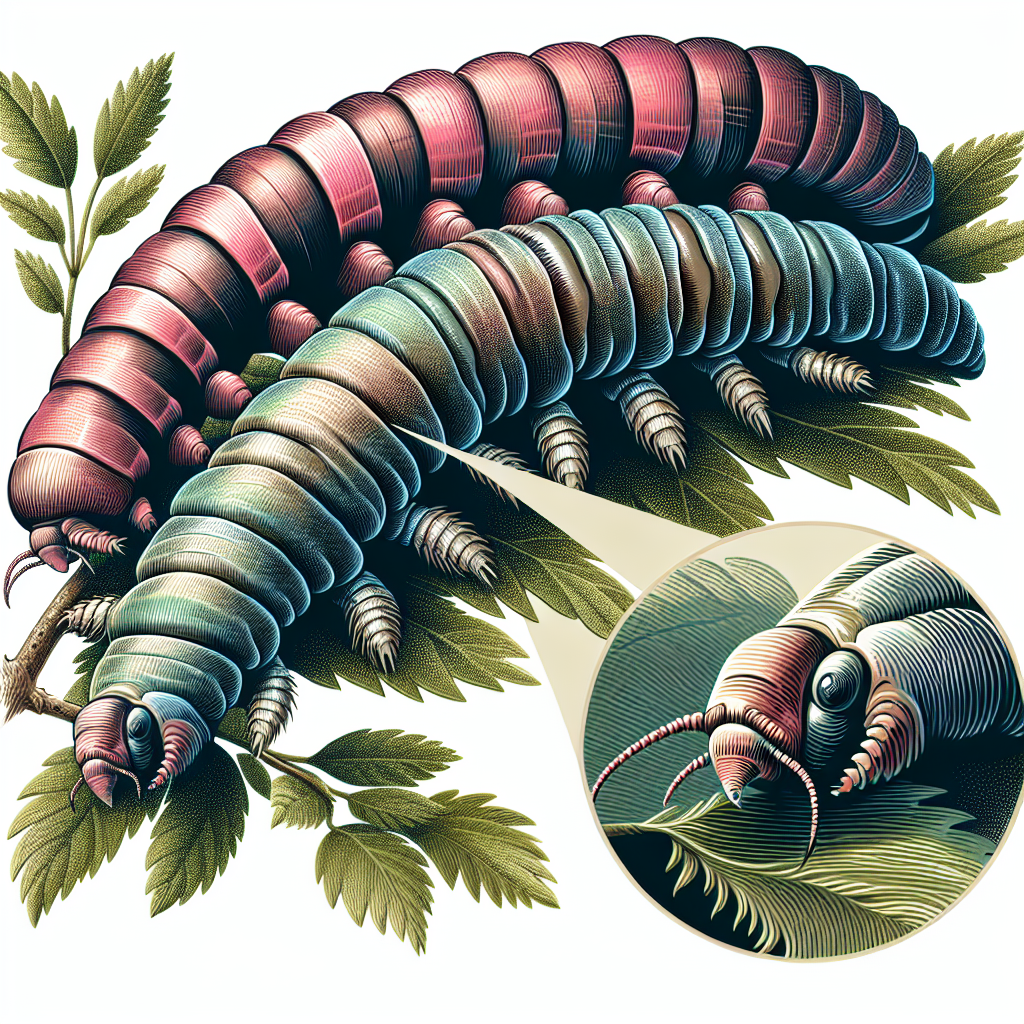Screwworm Threat Stalls Mexican Cattle Exports
Mexico's agriculture sector is under strain as the country collaborates with the U.S. to combat the flesh-eating screwworm parasite. Efforts focus on breeding sterile flies to halt the outbreak and resume Mexican cattle exports, which have been halted due to the pest.

In light of a recent outbreak of the flesh-eating screwworm parasite, Mexico and the United States continue efforts to reopen their cattle trade. Talks between Mexican Agriculture Minister Julio Berdegue and U.S. Agriculture Secretary Brooke Rollins have advanced, although a firm date for resuming exports remains elusive.
The partnership has seen proposals for innovative solutions, such as testing modular mobile plants capable of increasing sterile fly production by up to 20 million flies per week. This method, untried anywhere else in the world, aims to curb the expansion of the screwworm, which poses a severe threat to livestock.
Further efforts include developing a sterile fly plant in southern Mexico's Chiapas state, backed by a $21 million investment from the United States. This plant is expected to generate 100 million sterile flies weekly, a critical step towards eradicating the pest and reopening the cattle trade.









